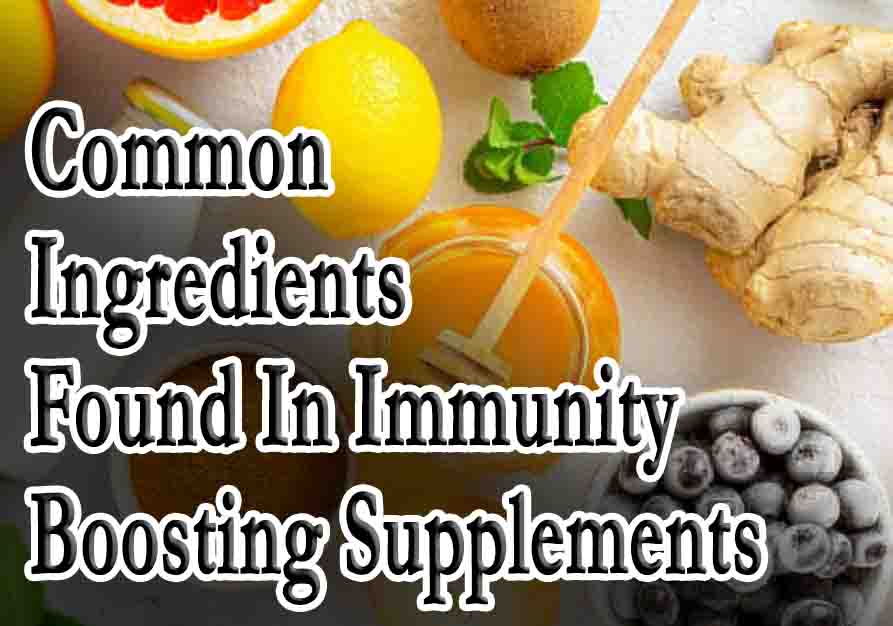The human body is constantly exposed to various pathogens and toxins, which can weaken the immune system and cause illnesses. To combat this, people have turned to immunity tablets containing a combination of vitamins, minerals, and other nutrients that work together to improve the body’s natural defences. A balanced microbiome helps regulate the immune system, promoting a homeostatic balance in which the immune system can respond effectively to potential threats without overreacting and causing inflammation. Disruptions to the gut microbiome, such as from antibiotics, a poor diet, or stress, can lead to an imbalance in the microbiome, which can negatively impact the system and increase the risk of infections and other illnesses.
Here are the six key ingredients found in many immunity-boosting supplements.
Table of Contents
Vitamin C
Vitamin C plays a crucial role as an active key ingredient in supplements for a strong immune system. It acts as an antioxidant, neutralising harmful free radicals that can damage cells and tissues. It also helps the body produce white blood cells, which help fight off infections and diseases. According to many studies, adequate vitamin C intake can reduce the duration and severity of the common cold and boost overall immune function.
Vitamin D
Vitamin D, the “sunshine vitamin,” is essential for immune system health. It helps regulate the production of white blood cells and helps to increase the production of antimicrobial peptides, which are essential for fighting off infections. Low vitamin D leads to an increased risk of respiratory infections and other illnesses.
Zinc
Zinc is also an essential ingredient for immunity tablets. It helps the body produce T-cells and other immune system cells, and it also helps regulate the activity of white blood cells. Zinc can reduce the duration and severity of the common cold, and it is also essential for wound healing.
Activated phenolics
Activated phenolics are compounds found in certain plants and foods that have been shown to have immunomodulatory effects, meaning they can help regulate the immune system. These compounds work by modulating various immune system components, such as white blood cells and cytokines, to help improve the body’s natural defence against pathogens and toxins. For example, activated phenolics found in garlic, onions, and other allium vegetables have been shown to have antiviral and antibacterial properties and stimulate the production of white blood cells.
Quercetin
Quercetin is a type of flavonoid, a type of plant pigment known for its antioxidant and anti-inflammatory properties. It is found in various fruits, vegetables, and teas and is also available as a dietary supplement. Quercetin has been shown to have various health benefits, including its ability to support a healthy immune system. It has been shown to modulate the activity of white blood cells and cytokines, which are important immune system components, and to have antiviral and antibacterial effects.
Echinacea
Since ancient times Echinacea has been used to boost the immune system. It contains compounds that stimulate the production of white blood cells and other immune system components. It has been shown to help prevent the common cold and other respiratory infections. Echinacea is also thought to help reduce inflammation and stimulate interferon production, a protein that helps the body fight off viral infections.
Conclusion
The six key ingredients of immunity-boosting supplements – Vitamin C, Vitamin D, Zinc, Activated Phenolics, Quercetin, and Echinacea – work together to improve the body’s natural defences against illness and disease. To maintain a healthy microbiome and support a balanced immune system, eating a diet rich in pre-and probiotics is essential, limiting exposure to antibiotics, and managing stress levels is essential. By taking supplements regularly, you can help support your immune system. However, it is essential to consult a professional before starting any new regimen, especially if you have any underlying medical conditions or take prescription medications.

